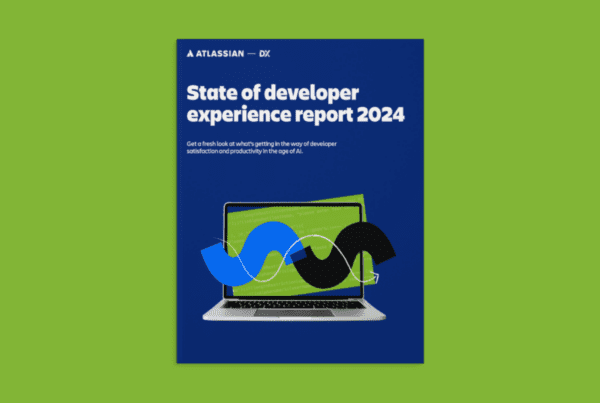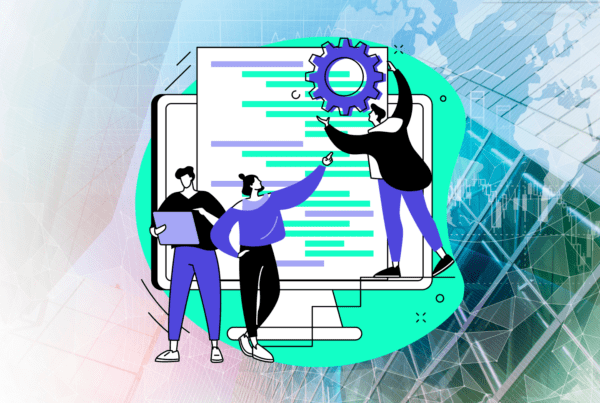The rise of AI coding assistants (and recently “AI Software Engineers” such as Devin and Devika) and productivity tools has sparked excitement in the software development community, with many organizations eager to harness their potential to boost developer efficiency. But is AI truly the magic bullet for enhancing software developer productivity? Before jumping on the AI bandwagon, it’s crucial to understand what productivity truly means in the context of software development and how AI can help or hinder it.
Task: Beyond Code Volume
Traditionally, developer productivity has been measured by task-oriented metrics such as lines of code written or the number of commits made. While these metrics provide a straightforward way to quantify output, they fail to capture the complexity of software development and the value of efficient problem-solving.
Consider the example of Bill Atkinson, the developer behind Apple’s Lisa computer. By optimizing a routine to be six times faster and 2,000 lines shorter, he demonstrated that less code can often lead to better outcomes. This highlights the importance of measuring individual developer efficiency, which encompasses technical skills, critical thinking, and creativity, rather than solely focusing on task completion.
Time: Measuring Velocity
Iterative development practices, as opposed to traditional waterfall models, have shown to be more effective. Metrics like deployment frequency and lead time for changes, part of the DevOps Research and Assessment (DORA) framework, are critical for assessing a team’s agility and efficiency. High-performing teams are characterized by their ability to quickly adapt and improve, showcasing that time, as a measure of velocity, is a vital component of productivity.
Team: The Core of Productivity
The human element of software development teams cannot be overstated. Factors such as psychological safety, peer support, and job satisfaction play pivotal roles in enhancing productivity. Frameworks like SPACE and DORA offer a holistic view, correlating developer productivity with business outcomes. This multidimensional approach underscores the significance of the team environment in fostering a productive development process.
The Role of AI in Developer Productivity
With the anticipation surrounding AI’s potential to revolutionize software development, it’s crucial to examine its actual impact on productivity.
Augmenting Developer Capabilities
AI can significantly augment developer capabilities by automating mundane tasks such as test automation, code refactoring, and documentation. This automation allows developers to allocate more time to complex, high-value tasks. For instance, AI coding assistants have demonstrated the ability to speed up coding tasks, albeit with the caveat that not all AI-generated solutions are the most efficient or innovative.
Enhancing Development Practices
Integrating AI into development processes can also enhance practices measured by DORA metrics. AI and automation can streamline code review and testing processes, improving software delivery performance. However, the effectiveness of these tools depends on their integration into the development pipeline and their alignment with the team’s goals and practices.
AI: A Tool, Not a Replacement
While AI has the potential to enhance productivity, it’s not a panacea. The risk of over-reliance on AI to solve development challenges is real. Developers must remain vigilant, ensuring that AI tools are used to complement their skills and not replace the creativity and critical thinking essential to effective software development.
Furthermore, organizations should establish guidelines and best practices for the use of AI in software development, emphasizing the importance of human oversight and the need for continuous learning and adaptation.
The Symbiosis of Human Creativity and AI
The greatest productivity gains in software development will be realized not by substituting human ingenuity with AI but by leveraging AI to enhance our collective abilities to innovate and solve problems. The key to unlocking the full potential of AI in boosting developer productivity lies in fostering a symbiotic relationship between human creativity and AI capabilities. By combining the unique strengths of human developers, such as critical thinking, problem-solving, and creativity, with the efficiency and automation capabilities of AI, organizations can create a powerful synergy that drives unprecedented levels of productivity and innovation.
Conclusion
While AI coding assistants have the potential to enhance developer productivity, it’s crucial to approach their implementation with a clear understanding of what productivity means in the context of software development. By looking beyond simple task metrics and embracing a holistic view that encompasses time, team, and individual efficiency, organizations can harness the power of AI to drive meaningful improvements in developer productivity and deliver better business outcomes.
Further Relevant Sources:



